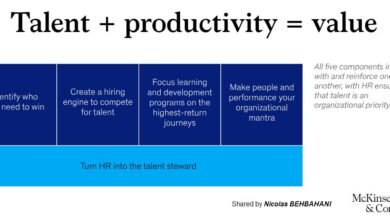
Since I started writing the “Dear Guy” column, I’ve received many letters from readers asking why some people in their lives just seem unable to apologize — even when they’re clearly in the wrong.
Are they just stubborn? Or is there something in their psychology that stops them from being able to take responsibility for their actions and simply say they’re sorry?
To be clear, even the most conscientious among us occasionally fails to apologize. When this happens, it’s usually for one of two reasons: (1) We don’t care enough about the other person or the relationship to take on the emotional discomfort of owning our mistake and apologizing for it; or (2) We believe our apology won’t matter.
For example, let’s say you snapped at a colleague who interrupted you while you were racing to meet a tight deadline. If you think the coworker already holds a grudge against you for an earlier incident, you may skip apologizing since you feel it really won’t help your relationship with them.
But what about the people who can never admit they’ve misstepped, no matter the circumstance? What makes them incapable of apologizing even when they’re obviously in the wrong? For these people, admitting wrongdoing and offering an apology is too psychologically threatening. Offering an apology implies that they’ve harmed another person in some way, which can elicit feelings of shame.
People who cannot apologize often have such deep feelings of low self-worth that their fragile egos cannot absorb the blow of admitting they were wrong. So their defense mechanisms kick in — at times, unconsciously — and they may externalize any blame and even dispute basic facts to ward off the threat of having to lower themselves by offering an apology. When they double down on their wrongness by blaming circumstances, denying the facts, or attacking the other person or people involved, non-apologizers can make themselves feel empowered rather than diminished.






